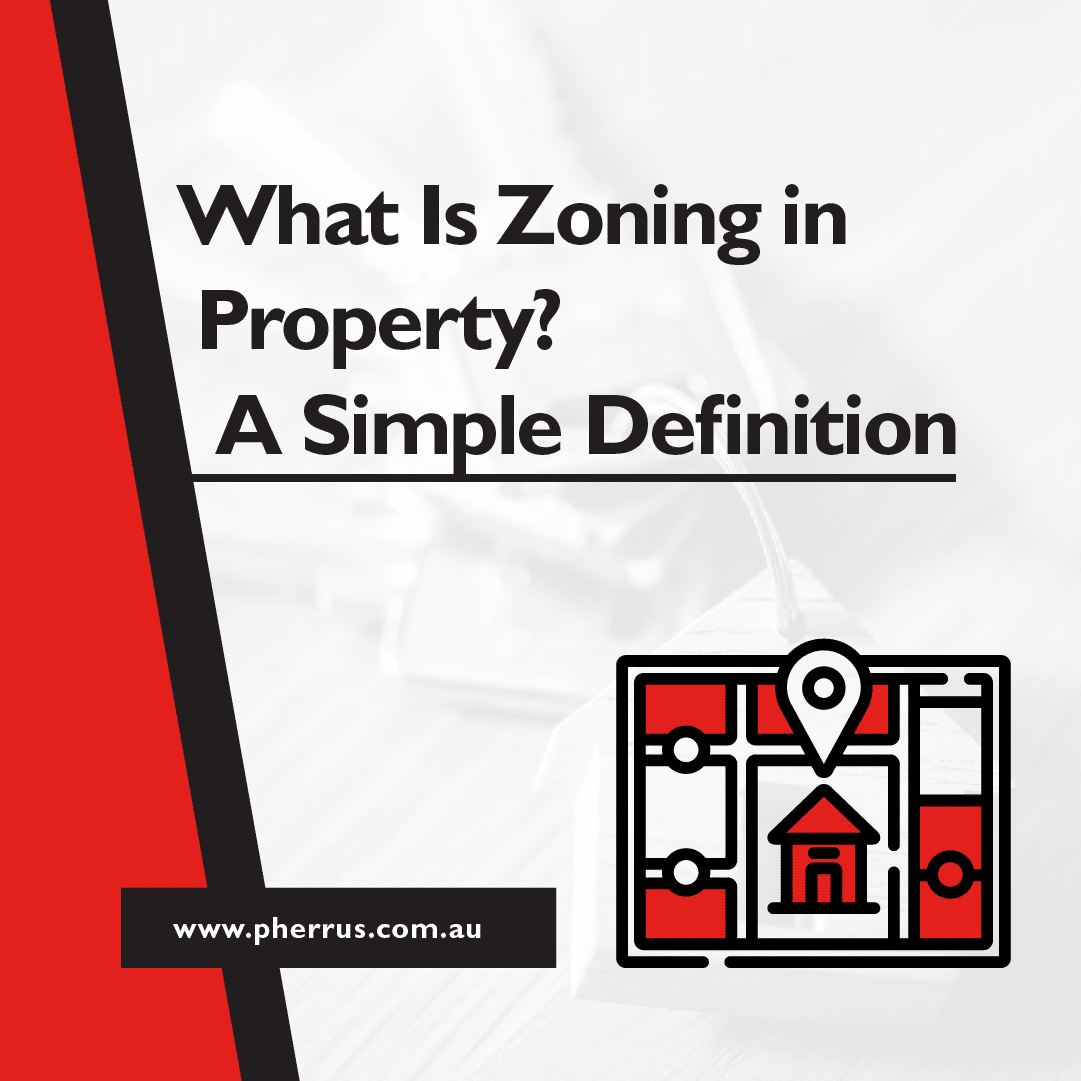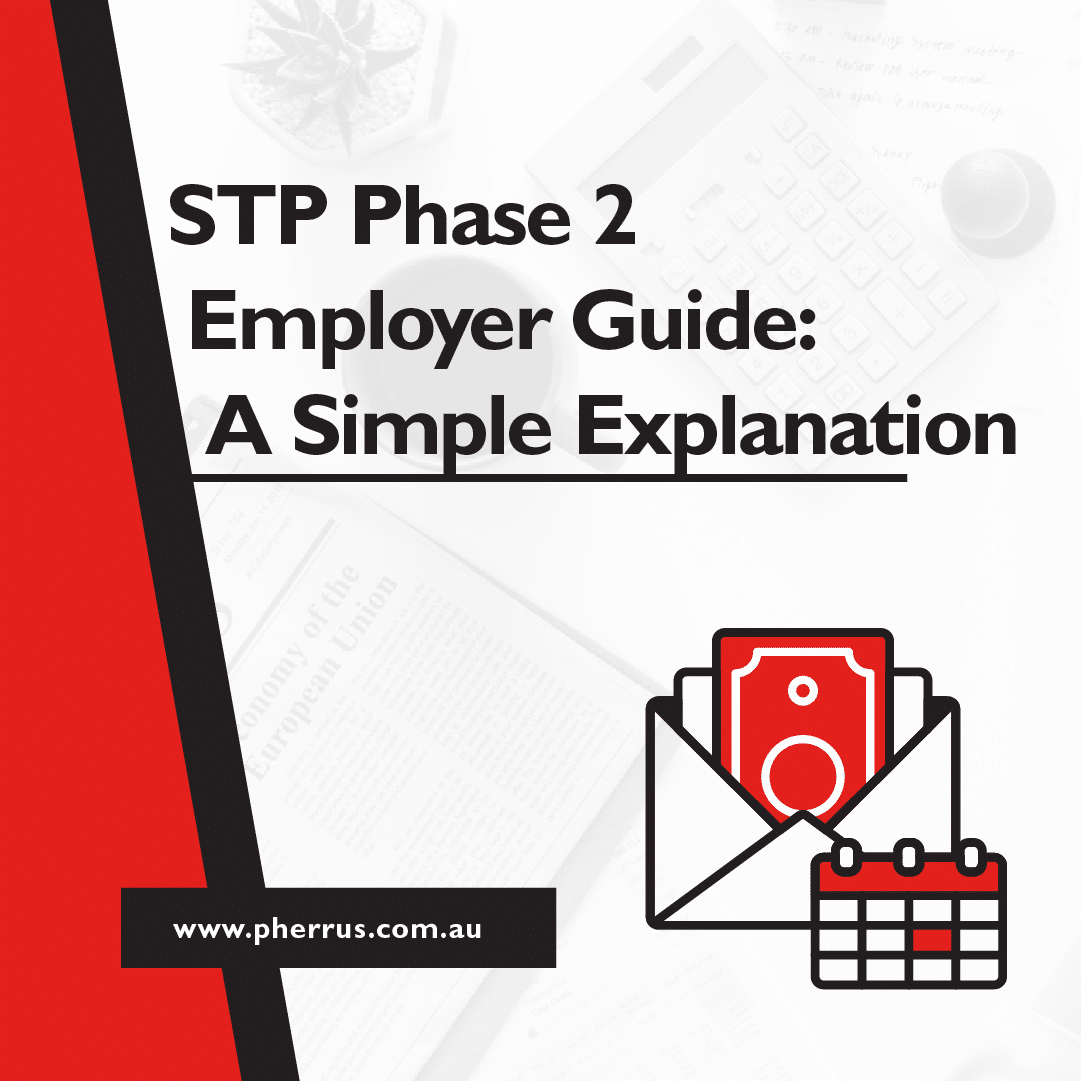Imagine buying your dream home, only to discover that the nearby land is slated for a noisy industrial development.
Or, picture this: you’re planning to open a small business, but the local zoning laws prohibit commercial activities in your area.
These scenarios highlight the importance of understanding zoning laws in property.
In this blog, we’ll break down the basics.
We’ll look at what is zoning in property, why it matters, and how it affects Australian property owners and investors.
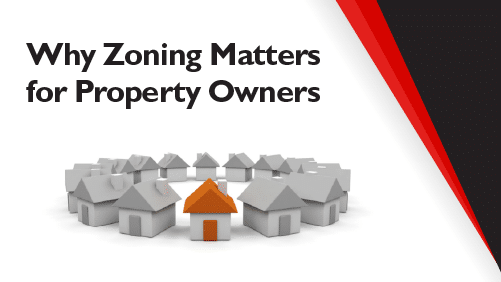
Why Zoning Matters for Property Owners
Zoning isn’t just bureaucratic red tape; it plays a major part in shaping the landscape of our cities and towns. Understanding zoning laws is important for property owners for several reasons.
- What you can do with your property: Zoning dictates whether you can build a new house, add an extension, renovate your existing dwelling, or even run a business from your property.
- Property value and potential: A property’s zoning significantly influences its value. Properties in desirable zones, such as those close to amenities or with low-density restrictions, often receive higher price evaluations.
- Future development: Zoning can change over time, affecting your property’s development potential. Knowing the zoning can help you anticipate these changes and plan accordingly.
So, what is zoning in property? In essence, zoning is like a set of rules for how land can be used.
It divides areas into different zones, each with specific regulations about what types of buildings and activities are allowed.
These zones can be residential, commercial, industrial, rural, or even a combination of these (mixed-use).
Understanding these zones allows you to make informed choices about buying, selling, or developing property.
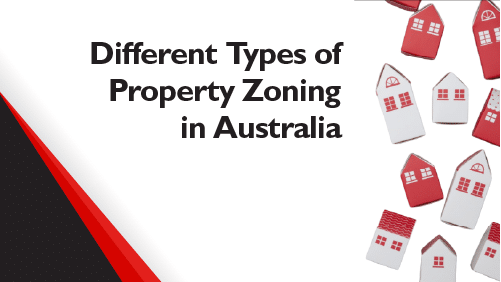
Different Types of Property Zoning in Australia
- Residential (R-zones): These zones are designed for housing, including houses, apartments, and townhouses. Different R-zones may have varying density restrictions, determining the number of dwellings allowed per hectare.
- Commercial (B-zones): These zones cater to businesses, including shops, offices, restaurants, and entertainment venues.
- Industrial (IN-zones): Industrial zones are designated for factories, warehouses, and other industrial activities.
- Rural (RU-zones): These zones encompass agricultural land, including farms, orchards, and vineyards.
- Mixed-use: As the name suggests, these zones combine elements of different zones, allowing for a mix of residential, commercial, and sometimes industrial uses.
How Does Zoning Affect Property Value?
Zoning laws play a pivotal role in property values.
Properties located in desirable zones, such as those with low-density residential zoning or those close to amenities like public transportation, schools, parks and recreational areas or restaurants and cafes, often have higher values due to increased demand.
Conversely, properties in less desirable zones or those with restrictive zoning may have lower values.
For example, a property in a quiet, residential area with R1 zoning may be more valuable than a similar property in an area with R3 zoning, which allows for higher-density development like apartment complexes.
How To Check the Zoning of a Property
Checking the zoning of a property is a simple process.
- Contact your local council. The planning department can provide you with the zoning information for any property within its jurisdiction.
- Online search. Most councils have online tools or maps where you can search for a property and view its zoning details.
- Professional property report. You can order a professional property report, which will include detailed information about the property’s zoning and other relevant details.
Zoning Restrictions: What You Can and Can’t Do
Zoning regulations typically dictate a wide range of factors.
- Building height and setbacks. Zoning often specifies the maximum height of buildings and the minimum distance they must be set back from boundaries.
- Density. This refers to the number of dwellings allowed per hectare in residential zones.
- Permitted uses. Zoning defines the types of activities allowed in each zone, such as residential, commercial, or industrial uses.
- Parking requirements. Zoning may stipulate the number of parking spaces required for different types of developments.
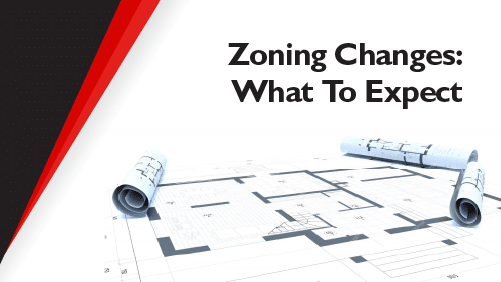
Zoning Changes: What To Expect
Zoning is never set in stone. It can change over time to accommodate the ever-evolving needs of communities and regions.
Proposed zoning law changes are usually subject to public consultation, allowing property owners and residents to voice their opinions and concerns.
It’s important to stay informed about potential zoning changes in your area, as they can have a major impact on your property’s value and development potential.
If you’re considering buying or developing a property, it’s wise to factor in the possibility of zoning changes in your decision-making process.
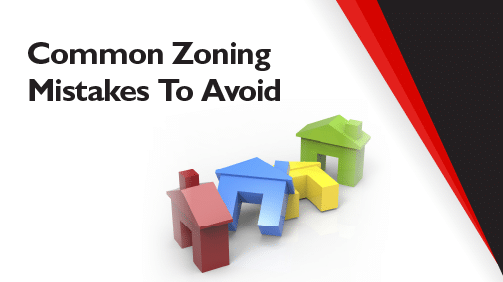
Common Zoning Mistakes To Avoid
- Always check the zoning: Before buying or developing a property, thoroughly research the zoning regulations to ensure your plans align with the permitted uses.
- Don’t assume you can change the zoning: While zoning can change, it’s often a complex and lengthy process with no guaranteed outcome. Don’t base your plans on the assumption of a zoning change.
- Understand the impact of restrictions: Underestimating the impact of zoning restrictions on your plans can lead to costly delays and disappointments. Always factor in these restrictions when budgeting and planning your project.
Tips for Property Zoning
Here are some helpful tips to help you navigate the ins and outs of property zoning.
- Thorough research: Before buying or developing a property, conduct thorough research on the zoning regulations and potential changes.
- Consult experts: If you’re unsure about any aspect of zoning, consult with experts such as town planners or property lawyers.
- Local regulations: Familiarise yourself with the specific zoning regulations in your local council area, as they can vary significantly.
- Potential changes: Stay informed about proposed zoning changes in your area and participate in public consultations if you have concerns.
- Align with goals: Ensure the property’s zoning aligns with your long-term goals for the property, whether it’s for residential use, investment, or development.

Don’t Get Caught Out by Zoning – Get Expert Help
Zoning is a complex but crucial aspect of property ownership.
By understanding the different types of zoning, their impact on property values, and how to check the zoning of a property, you can make smart decisions about your property investments.
Ready to take the next step in your property investment journey?
Contact Pherrus today at (02) 9099 9109 or visit our website to schedule a consultation at our Bella Vista office in Sydney, NSW.

FAQ About What Is Zoning in Property
Which Is the Best Example of Zoning?
The “best” example of zoning depends on the desired outcome.
For instance, low-density residential zoning might be ideal for someone seeking a quiet, spacious neighbourhood, while a mixed-use zone could be perfect for someone who wants to live and work in the same area.
Ultimately, the best example of zoning is the one that aligns with your needs and preferences.
What Are the Advantages of Zoning?
- Orderly development: Zoning helps ensure that development occurs in a planned and orderly manner, preventing incompatible land uses from having problems.
- Property values: Zoning can protect and enhance property values by making sure that neighbourhoods are developed according to a cohesive plan.
- Environmental protection: Zoning can help protect the environment by restricting development in sensitive areas and promoting sustainable land use practices.
How To Check Zoning of a Property?
You can check the zoning of a property by contacting your local council, using online search tools provided by your council, or ordering a professional property report.
Remember, knowledge is power.
By understanding the intricacies of property zoning, you can make smart decisions that will benefit you and your property for years to come.


